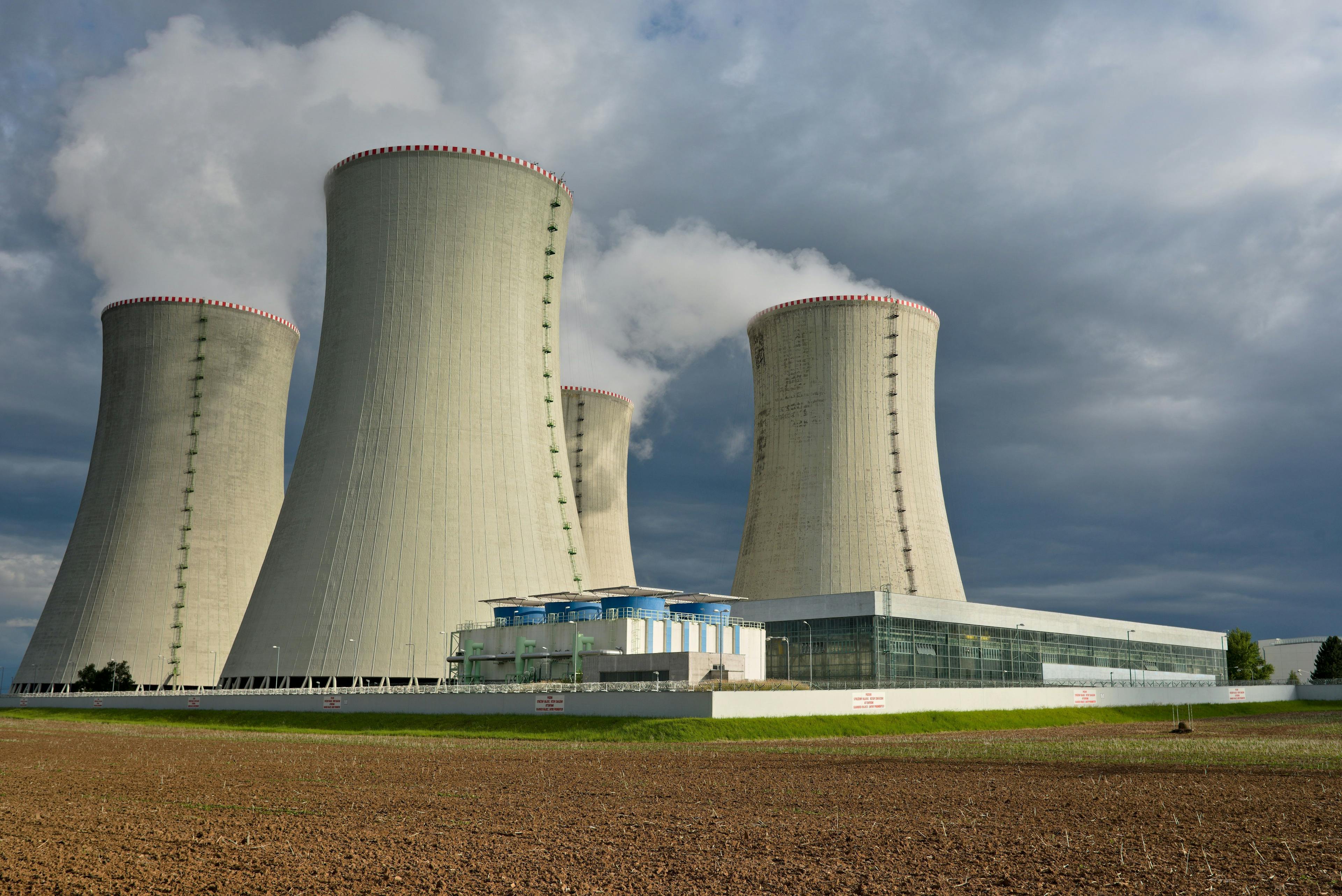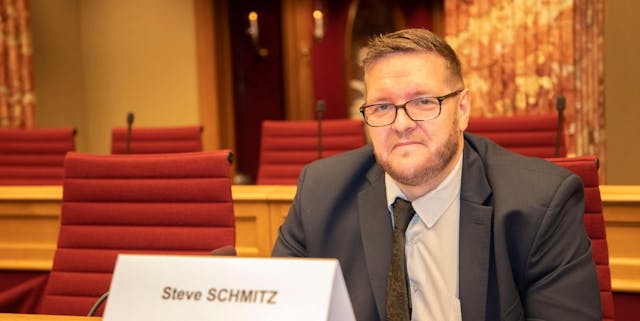EU discussion on nuclear energy in Paris

France, known for hosting the closest nuclear power plant to Luxembourg, has taken the initiative to invite ministers from 16 European Union (EU) countries to discuss coordinating the development of nuclear energy. The summit, to be held in Paris, aims to facilitate dialogue between nations and address critical issues. Defining the EU's role in achieving ambitious climate targets for 2050 will also be high on the agenda.
During the summit, each participating country will be asked to provide an update on its nuclear programme. As a leading proponent of nuclear energy, France sees the UK's presence as particularly valuable given the ongoing construction of two reactors within its borders.
This exchange of information and experience will enhance knowledge sharing and contribute to the overall safety and efficiency of the use of nuclear energy.
Gap between weapon and plant
Although nuclear energy remains controversial, its main advantage is its ability to provide electricity to large numbers of homes and businesses without emitting significant amounts of carbon dioxide (CO2). This attribute has become a compelling incentive for EU countries to develop peaceful nuclear energy and ultimately reduce their dependence on fossil fuels. However, it is essential to recognise and address the potential hazards associated with nuclear power plants to ensure the safety of both the environment and human populations.

One of the main concerns about nuclear power plants is the risk of accidents and the subsequent release of radiation. Although modern plants are designed with robust safety features and stringent regulations, accidents such as the Chernobyl and Fukushima disasters are a stark reminder of the potential consequences. These incidents have highlighted the importance of continuous monitoring, comprehensive safety protocols and contingency plans to mitigate the effects of such events.
Another pressing issue is nuclear waste management. Radioactive waste from nuclear power plants must be stored and disposed of safely to prevent contamination and potential long-term damage to the environment and public health. In addition, the potential for misuse of nuclear technology and materials is a global concern.
Protecting nuclear facilities against acts of terrorism or nuclear proliferation requires robust security measures, international cooperation and strong non-proliferation agreements. Close cooperation between countries is essential to combat illicit nuclear activities and ensure the peaceful use of nuclear energy.
The European Nuclear Summit will bring together ministers from different EU countries. While nuclear power offers a promising solution for CO2-free electricity generation, it is essential to address safety concerns related to accidents, nuclear waste management and prevention of misuse.





